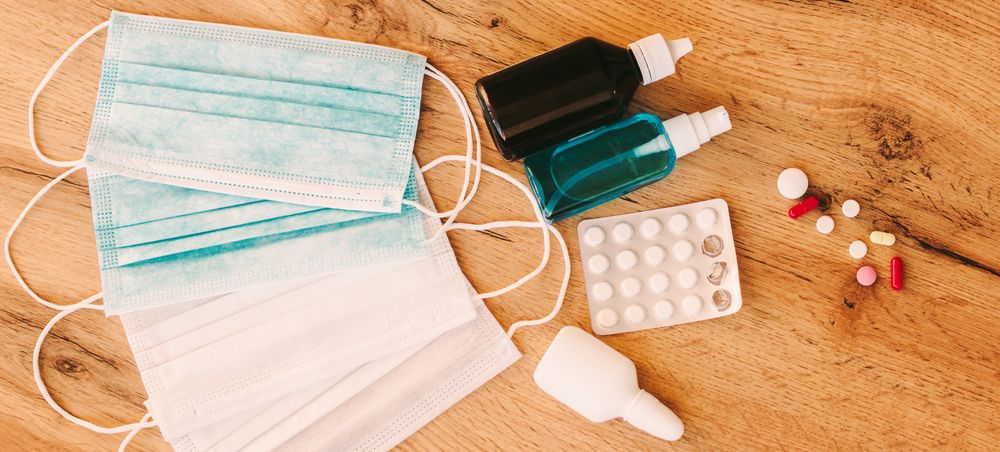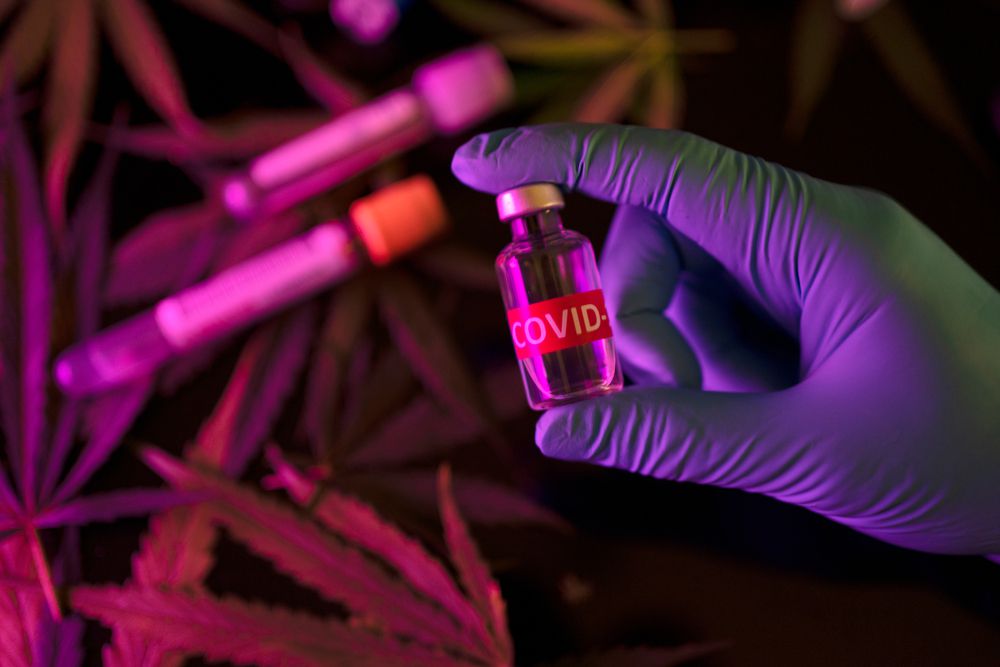The addiction treatment tips that will be helpful during the pandemic will vary from regular ones. Simply put, the times are different now and we should adapt appropriately. Due to the pandemic sweeping across the globe, feelings of anxiety and panic are in abundance. For regular people, this can be a stressful situation. However, if you are in addiction recovery, with poor management, this situation can lead to a relapse.
60% of those in addiction recovery experience a relapse at one point or the other. With the threat of job loss, sickness and stricter social distancing measures, it easy to get overwhelmed. Additionally, the nature of this pandemic means that we have to socially distance ourselves from one another. For addicts who live alone, this may mean that there will be nobody to call 911 if it becomes necessary. This why you need effective and helpful addiction treatment tips that will help in surviving the pandemic. More importantly, to help you survive without a relapse.
To stay the path to complete addiction recovery in Toronto, you can take up a new hobby. For some people, the solution may be to articulate their feelings using words. Over the course of this blog, we will go into major details on how to stay sober even with the realities of a pandemic and addiction treatment.
Related article: Should I Go To an Addiction Treatment Centre during the Pandemic

How To Stay Sober During the Coronavirus Pandemic
For most people, addiction treatment is an unknown field. However, we can help you. With the tips in this section, you can avoid unwanted social as well as mental complications. Here’s how to stay sober during the COVID-19 pandemic.
Have a system that you follow
Due to the coronavirus, a lot of people are without the structure they have become used to. For some, the everyday effort to get to work is absent. For others, they can’t get to the weekly support group meetings that help them stay sober. Top of the list of helpful tips for the COVID-19 pandemic is to create a routine for yourself.
Don’t just get out of bed whenever you feel like. Have a time-based routine that will cater to your physical, social and emotional well-being. Schedule wake-up times, breakfast times, work sessions etc. Doing this will help you stay in control, especially when it comes to cravings and negative thoughts.
Got to bed early
You may be wondering what sleep has to do with how to stay sober and focus on addiction treatment during a pandemic. The simple answer is that sleep is vital for your emotional and mental well-being.
More importantly, addiction services near you recommend consistent bedtimes. 8 hours of sleep at around the same time every day can refresh you. With refreshing sleep comes a reduction in stress and feelings of anxiety. Regardless of the presence of a pandemic, that’s how you want to feel.
Don’t leave your bed scattered
There’s a link between our immediate surroundings and mental balance. This is the reason making your bed is a helpful addiction treatment tip fit for a pandemic. Since you are spending more time at home every day, the chances are high that you’ll be seeing more of your bed. Sometimes, an unmade bed may be the last stressor that leads to addiction relapse.
Making your bed as soon as you wake up comes with psychological benefits that will boost your addiction treatment. It’s the foundation that offers a positive momentum for the rest of the day. You start out with a clean bed, next you’re humming your favourite tunes. Before you know it, you will end the day in the best of moods. Another day without any addiction treatment issues. A win!
The little things matter
The previous point is proof that the little things can hold the most powerful sway. Therefore, a helpful pandemic tip for those in addiction treatment is to pay attention to the smallest things. When everything starts to feel overwhelming, it’s a sign that you need to come back to the present.
Instead of worrying about where to find addiction services near you, this quick technique will help you stay in the present. Look around you and focus on:
- 5 visual objects
- 4 objects you can touch
- 3 different sounds
- 2 unique scents around you
- 1 food or drink you can taste
As you check off each item on the list, you will start to calm down. If you are wondering how to stay sober during the pandemic, this helpful tip is great for refocusing thought patterns.
Spend time outside your house
At most, social distancing may mean you are not in close contact with people. However, it does not mean you should cage yourself indoors all day long. Even if you work from home, find time to take a walk or a run outdoors. This is top on our list of proven tips to help the addiction treatment process during a pandemic.
For those in addiction recovery, staying indoors all day can cause feelings of anxiety and stress. By letting yourself out, you are doing the same for your mind and mental energies. Even if you can’t run, walking can provide you with the movement you need. Additionally, you won’t be contravening any social distancing rules. Ease your mind today with a brisk walk.
Try journaling
Journaling can be a substitute for that all-important one-on-one session with your therapist. Since you may not have access to addiction services near you right now, you have to learn other ways to stay sober. Writing your feelings down is a coping mechanism and a helpful addiction treatment tip.
It’s completely normal to have anxious, pesky feelings during this period. However, instead of letting them stress you, write them out and leave them in your journal. Writing 5 pages every day is not compulsory. Just reflect on your day and pour out both negative and positive feelings via words. At the end of the day, you may find that the positives far outweigh the negatives.
Try out meditation
If you are getting professional addiction treatment in Toronto, you may be familiar with the benefits of meditation. However, if you are new to this discipline, it’s a helpful practice that can combat uncertainty, anxiety and intense feelings of stress.
Usually, stress and anxiety can lead to addiction relapse. Meditation as a helpful addiction treatment tip allows you to change the way your mind works. Simply put, you can review negative thought patterns and make better decisions. Therefore, your mind will have the tools to avoid addiction relapse.

Stop using your phone
Not totally. However, you should limit the amount of information you consume via your phone. Although addiction treatment experts in Toronto recommend using social media to connect with loved ones, there’s a negative side to it. The type of information you take in through your phone can affect your mental and emotional balance.
Now is not the time to read about that dreadful COVID-19 related incidence. Nor is it the time to do life comparisons with old friends and exes using social media. As much as possible, only take in good vibes. Once you do this, you are one step to cracking how to stay sober in the middle of a pandemic.
Call 1000 Islands Addiction Rehab & Treatment Centre for addiction treatment programs.
Related article: Tips For Maintaining Sobriety During Social Distancing


